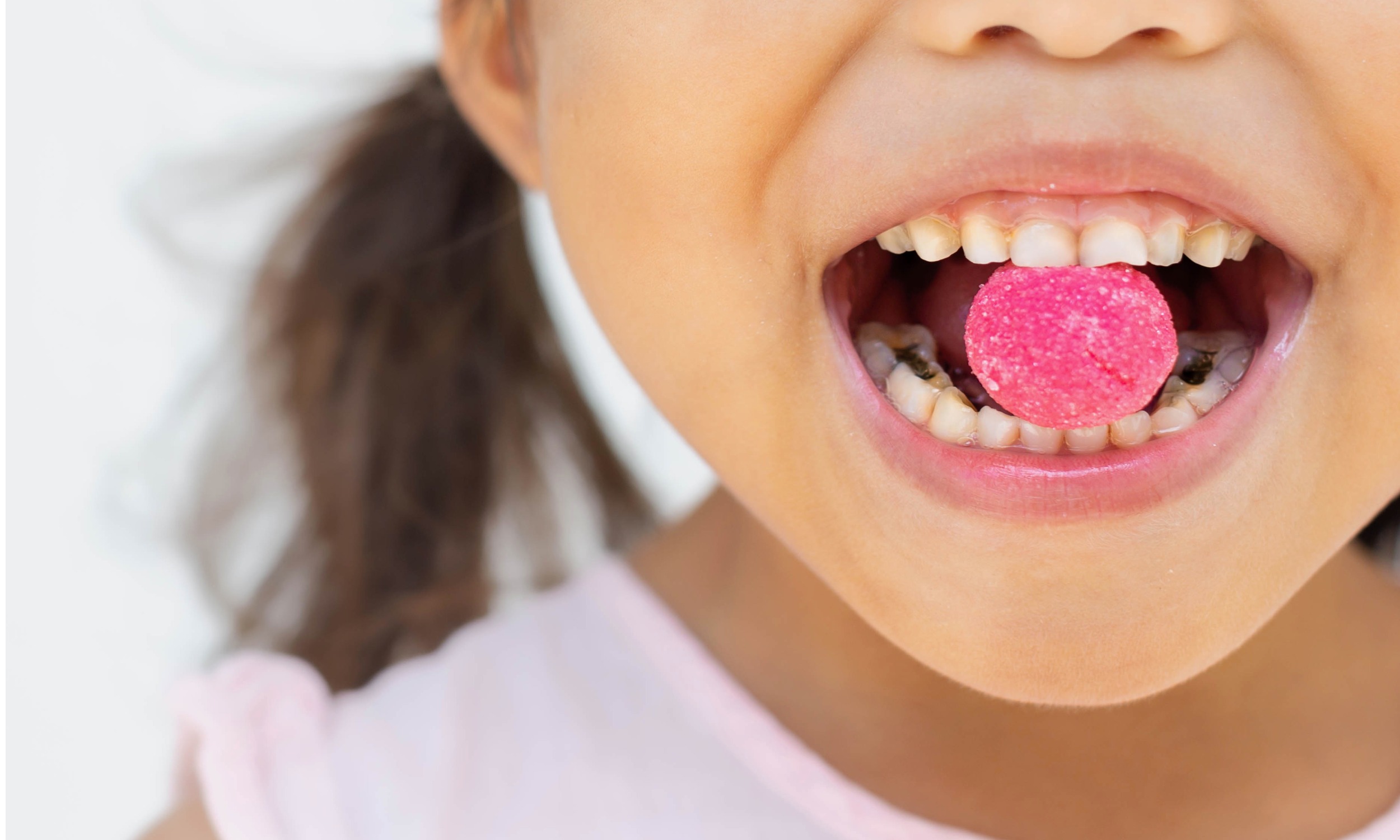
How Candy Can Harm Your Teeth and Overall Health
It’s no secret that candy is unhealthy, but many people don’t realize how detrimental sweets can be to your teeth and overall health. From increasing our risk of cavities to causing weight gain, candy can lead to a myriad of health problems. So what is it about candy that causes all of these issues with our teeth and health? Let’s find out.
How Candy Affects Your Teeth
To understand how candy affects your teeth, it’s important to recognize the way your teeth function. Your teeth are made of three primary layers:
- Enamel: hard outer layer that protects your teeth from damage, composed mainly of calcium phosphate
- Dentin: softer layer underneath the enamel, makes up the bulk of the tooth’s structure
- Pulp: innermost layer of the tooth that contains blood vessels and nerves
Process of Demineralization
When you eat candy, the sugar interacts with certain bacteria in your mouth, producing enamel-demineralizing acids. In a process known as demineralization, these acids strip essential minerals from your teeth’s enamel. Once the enamel is weakened, your teeth are highly more susceptible to cavities, which can lead to pain, sensitivity, tooth decay, and eventually tooth loss if left untreated.
In addition to causing cavities, candy can also lead to gingivitis, which is inflammation of the gums due to plaque buildup. Plaque is a sticky film of bacteria that forms on your teeth when you eat candy, feeding the plaque’s bacteria and causing it to grow.
Fortunately, the minerals in your saliva and fluoride from your toothpaste, mouthwash, and water can counter this process and help restore the enamel lost in demineralization and strengthen the teeth. However, if you eat candy consistently, the repeated cycle can make it more and more difficult for the enamel to repair itself.
Worst Candies for Your Teeth
With countless candies to choose from, it’s important to be aware of which sweets cause the most harm to your teeth.
Chewy Candy
Chewy candy can negatively impact your teeth because it may get stuck between them and be difficult to remove. Sticky candy may also damage any fillings or crowns, which often requires dental work. Examples of chewy candy include:
- Caramel
- Taffy
Hard Candy
Hard candy can be particularly harmful to your teeth because it takes a long time to dissolve in your mouth, meaning the sugar and acids have more time to interact with your enamel and cause damage. Not only do they stay in your mouth for a prolonged time, but they can also chip or break your teeth or damage your jaw if you bite down on them too aggressively. Popular hard candies are:
- Lollipops
- Butterscotch
Sour Candy
Sour candies place you at the greatest risk for developing cavities as their high acidic content damages the enamel faster than typical candy.
Candy and Braces
Although candy is always detrimental to your teeth, candy can be especially harmful if you have metal braces. With braces, chewy candy can easily get stuck in the brackets and wires, while hard candy may break or bend the various structures.
Candy’s Effect on Our Overall Health
Along with damaging our teeth and causing various oral health problems, candy can also impair our overall health. High in sugar, artificial chemicals, preservatives, and calories, eating too much candy can elevate your risk of:
- Weight gain
- Type 2 diabetes
- Depression
- Heart disease
- Cancer
- Poor memory
Ways to Safely Consume Candy
If you want to protect your teeth and overall health, it’s best to avoid candy altogether. However, if you do have a sweet tooth, there are some ways you may help prevent the adverse effects of consuming candy, such as:
- Floss every day
- Brush your teeth at least twice a day
- Drink more water
- Limit your intake to no more than 25-35 grams of added sugar per day
- Use mouthwash
- Visit the dentist at least twice a year
Safer Alternatives
While most candies harm your health, there are a few options that may not be as damaging. In fact, studies have found a positive association between cocoa, dark chocolate, and chewing gum with weight gain and cardiovascular health. Other safer alternatives if you’re craving something sweet could be fruits, nuts, or yogurt. These snacks are high in nutrients and fiber and won’t harm your teeth like candy can.
Still Craving Candy?
Despite the vast negative consequences candy can have on your teeth and health, sugar can be addictive. If you eat candy on a regular basis, make sure to make an appointment at Smiles 4 Keeps. Offering primary and dental care under one roof, we can ensure that you maintain both your overall and dental health while enjoying sweets in moderation.
